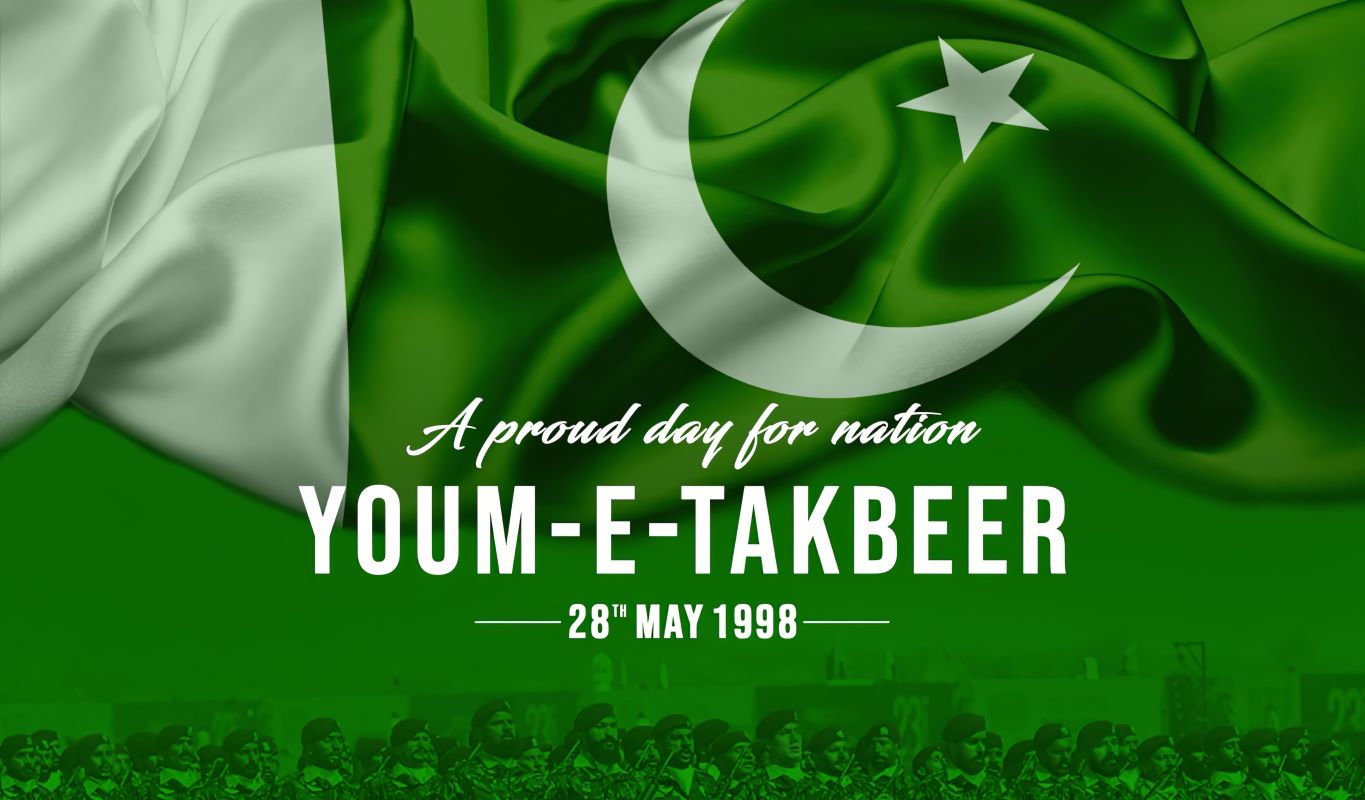On May 28th every year, Pakistan celebrates Youm-e-Takbir, commemorating the day in 1998 when the country successfully conducted its first nuclear tests. This momentous occasion not only marked Pakistan as the first Muslim-majority nation to possess nuclear weapons but also significantly altered the geopolitical landscape of South Asia.
The Journey to Nuclear Capability
The roots of Pakistan’s nuclear program can be traced back to the early 1970s, in response to India’s nuclear ambitions. Following India’s first nuclear test in 1974, Pakistan accelerated its efforts to develop its own nuclear capabilities. Under the leadership of Prime Minister Zulfikar Ali Bhutto and later, Dr. Abdul Qadeer Khan, Pakistan’s nuclear program made significant strides.
Despite facing numerous challenges, including economic sanctions and international pressure, Pakistan remained steadfast in its pursuit of nuclear deterrence. The culmination of these efforts was realized on May 28, 1998, when Pakistan conducted five nuclear tests in the Chagai district of Balochistan, under the leadership of Prime Minister Nawaz Sharif.
The Significance of Youm-e-Takbir
The term “Youm-e-Takbir” translates to “The Day of Greatness” and holds profound significance for Pakistan. This day is a symbol of national pride and sovereignty, representing Pakistan’s ability to defend itself against external threats. The successful nuclear tests brought a sense of security and strength to the nation, ensuring a strategic balance in the region, especially with neighboring India.
National Celebrations and Reflections
Youm-e-Takbir is celebrated with great enthusiasm across Pakistan. The day is marked by various events, including military parades, speeches by political leaders, and special programs highlighting the achievements of the nation’s scientists and engineers. The media plays a significant role in broadcasting documentaries and interviews that reflect on the historical importance and future implications of Pakistan’s nuclear capabilities.
Global Impact and Future Outlook
The nuclear tests conducted on Youm-e-Takbir had far-reaching consequences beyond Pakistan’s borders. They prompted international debates on nuclear proliferation and regional security. While Pakistan faced immediate sanctions and diplomatic challenges, the tests also established the country as a key player in global nuclear politics.
Looking forward, Pakistan continues to advocate for responsible nuclear stewardship and strategic stability in South Asia. The legacy of Youm-e-Takbir serves as a reminder of the nation’s resilience and commitment to safeguarding its sovereignty.
Conclusion
Youm-e-Takbir is more than just a date on the calendar; it is a testament to Pakistan’s scientific achievements and strategic resolve. As the nation celebrates this historic day, it also honors the vision and determination of those who made Pakistan’s nuclear capability a reality. This day remains a powerful symbol of national pride and a milestone in the country’s journey towards self-reliance and security.




